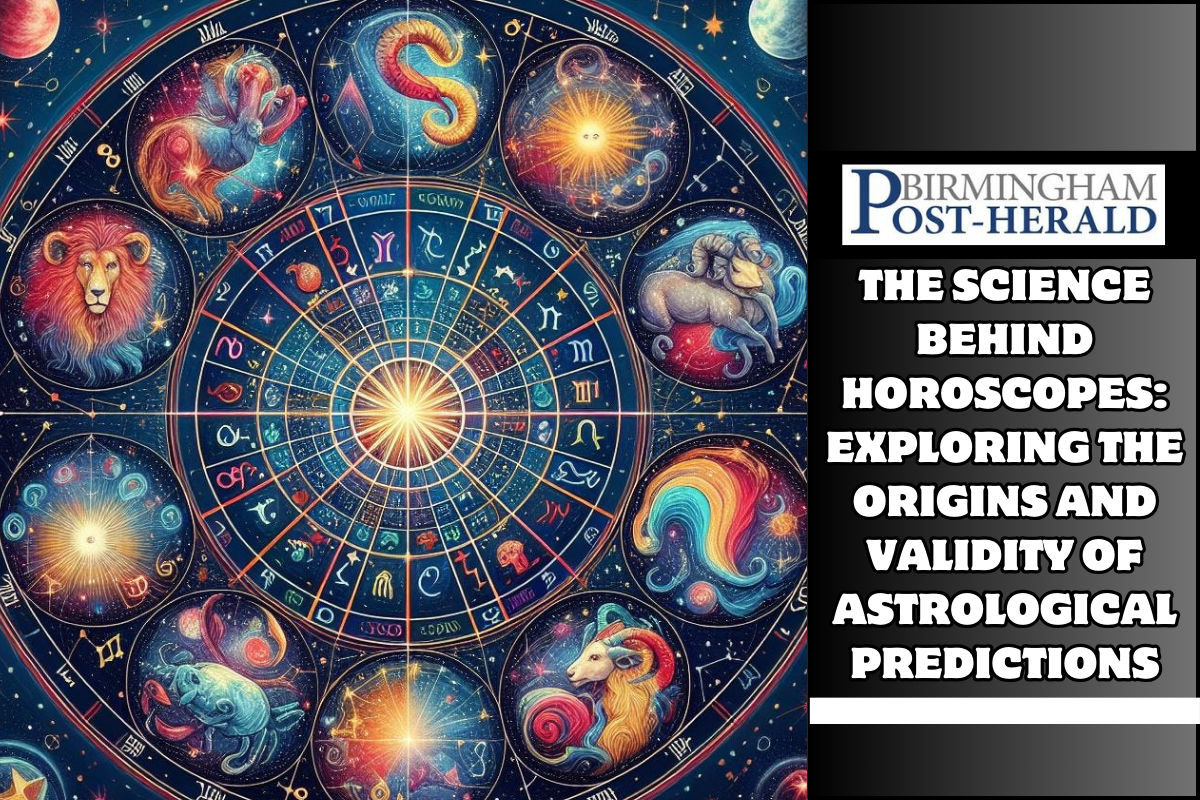The Science Behind Horoscopes: Exploring the Origins and Validity of Astrological Predictions:-Horoscopes have been interesting to people for hundreds of years because they use the positions of celestial bodies to predict mental traits, relationships, and future events.
The Science Behind Horoscopes: Exploring the Origins and Validity of Astrological Predictions
For even though astrology comes from old cultures and societies, scientists and skeptics are still arguing about whether or not horoscopes are accurate. This piece will go into detail about where astrology came from, how horoscopes are based on science, and the evidence for and against their accuracy.
1. Origins of Astrology
- Astrology’s roots can be found in ancient civilizations like Mesopotamia, Egypt, and Greece, where people thought that the moves of the stars had important effects on their lives.
- Cultural Influences: Astrology has changed over time, taking parts from many religions and cultures, such as Babylonian astronomy, Egyptian myths, and Hellenistic philosophy.
2. Principles of Astrology
- Astrology is based on the idea that the positions of celestial things like the Sun, Moon, planets, and stars can affect how people act, their personalities, and what happens on Earth.
- Zodiac Signs: The Zodiac is made up of twelve signs. Based on the time of year a person is born, each sign is linked to a certain set of behavioral traits, traits, and symbols.
- Aspects and Houses: Astrological charts look at the physical relationships (aspects) between the planets and the places where they are in the twelve astrological houses, which are related to different parts of life.

Also Read:-Zodiac Mythology: Stories and Legends Behind the Twelve Signs
3. Scientific Critique of Astrology
- Lack of Empirical proof: People who disagree with astrology say that it doesn’t have any real-world proof to back up its claims. Studies have not been able to show a link between the positions of the stars and how people act.
- Confirmation Bias: Skeptics say that people might read horoscopes in a way that supports what they already think or believe. This is called confirmation bias.
- Precession of the Equinoxes: The traditional astrological methods aren’t always accurate because of things like the precession of the equinoxes, which makes the positions of the constellations change over time.
4. Validity of Astrological Predictions
- Anecdotal Evidence: People who believe in astrology use personal experiences and anecdotal evidence to show that it works. They say that horoscopes have correctly predicted events or given them useful information.
- Psychological Effects: Even if horoscopes aren’t true, some studies show that they may have psychological effects on people, changing their mood, behavior, and ability to make decisions.
- Astrological Counseling: Some astrologers and practitioners say that astrology can be used as a form of therapy or self-reflection to help people understand themselves, their relationships, and their life paths.
5. The Future of Astrology
- New Technologies: Computer-based astrology software and online horoscope sites are examples of new technologies that have made astrological information easier for more people to access.
- Integration with Psychology: Some experts look at how astrological symbols can be used in therapy to help people become more self-aware and grow as people.
- More of the Debate: As long as scientists, skeptics, and believers talk about astrology’s scientific base and cultural importance, the debate over its validity is likely to continue.
Conclusion
Astrology is still debated and skeptic in the scientific community, but its long-lasting appeal and cultural importance show how deeply it has affected society and psychology. Horoscopes continue to interest and fascinate people all over the world, connecting the fields of science, spirituality, and self-discovery. They can be seen as a fake science or a way to gain personal understanding.
